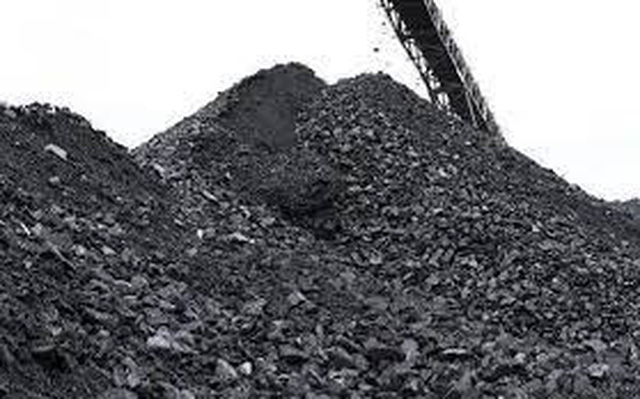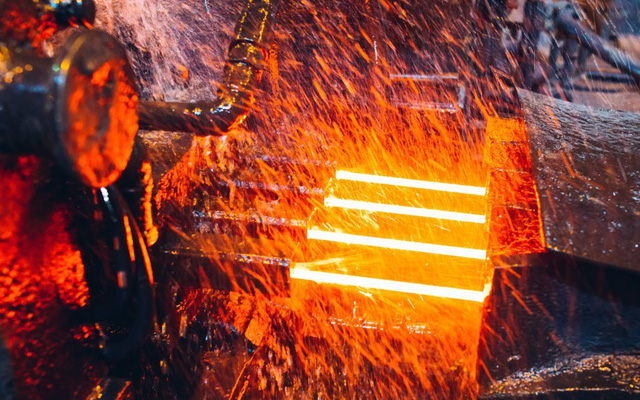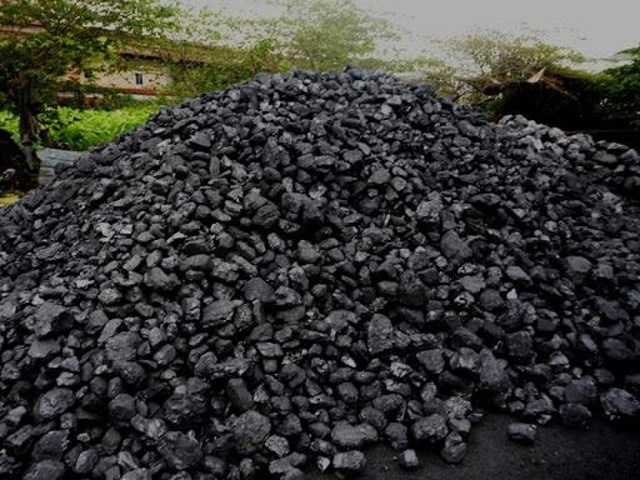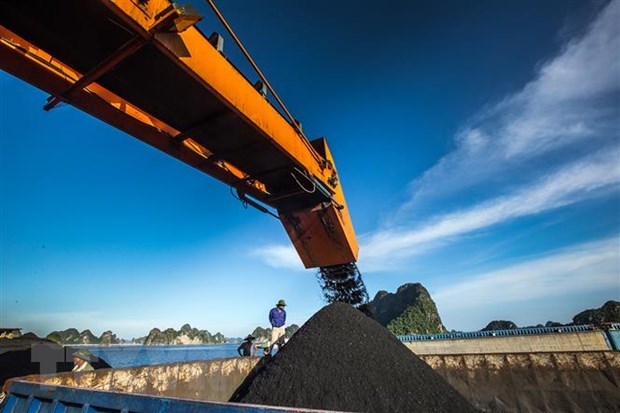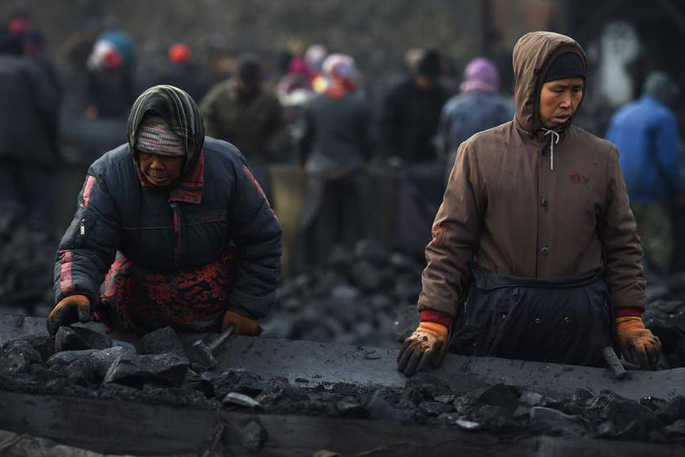India’s coal supply is increasingly squeezed, risking a power shortage shock similar to the one that is weighing on the Chinese economy right now.
At the end of September, coal reserves of power plants in India were on average enough for 4 days. This is the lowest level in many years and is significantly lower than the 13 days recorded at the beginning of August. In particular, more than half of factories are at risk of disruption.
According to Indian government data, coal stocks of power generation facilities fell to about 8.1 million tons at the end of last month, down more than 76% year-on-year. The average spot electricity price in September increased by more than 63% to about 4.4 rupees ($0.06)/kWh.
According to Bloomberg, coal currently accounts for nearly 70% of the structure of electricity production in the South Asian country. When coal supplies became scarce, local governments prioritized transporting this fossil fuel to power plants.
As a result, heavy industries such as aluminum smelting and steel smelting, which are also top coal consumers, are severely affected. Several aluminum companies have complained after Coal India, the state-owned coal company in India, prioritized deliveries to power plants.
Due to prolonged heavy rains causing flooding of coal mines, coal supplies for thermal power plants are currently short of 60,000 to 80,000 tons per day, said Anil Kumar Jain, head of coal management of the country. India, said.
Torrential and rather unusual rains last month in Dhanbad, a major mining hub in eastern India, have made the situation worse, the minister stressed.
According to Jain, by the second week of October, Coal India can increase supply to cover the shortfall at power plants across the country, although this target is weather dependent.
Similar to China, India is also facing two main challenges: rising electricity demand as industrial activity recovers from the COVID-19 pandemic and local coal production plummeting. About 75% of India’s coal supply comes from within, but heavy rains have flooded mines and disrupted transportation.
Executives of power plants are facing a dilemma: must pay a high price to gather domestic coal resources or buy goods in the international market at a time when coal prices have just risen to record levels. .
“Until supply is fully stabilized, we may experience power outages in some places, while customers in other locations may have to pay more for their electricity bills,” said Pranav. Master – Director in charge of infrastructure consulting at credit rating company Crisil warned.
“Due to the sudden increase in the price of imported coal, domestic coal-fired factories are suffering a lot. Things may get better when the rain eases,” Mr. Master noted.
The jump in electricity prices is likely to hurt India’s staggering growth rate. The economy is forecast to grow 9.4% in fiscal 2021, the fastest among major global economies, according to a survey by Bloomberg.
The current energy crisis is also a reminder of the vital role coal plays in the Indian economy, even as Prime Minister Narendra Modi has set a target of a massive increase in renewables in the electricity supply. In general, many domestic billionaires have stepped up investment in green projects.
Worldwide coal consumption is expected to continue to grow over the next few years and India, one of the world’s top greenhouse gas emitters, has yet to set a carbon neutral target.
T&G International Joint Stock Company
Address: 352 Hue Street, Le Dai Hanh Ward, Hai Ba Trung District, Hanoi
Hotline: 0345786803
Email: hrm@tginterjsc.com
Website: http://tginternationaljsc.com






